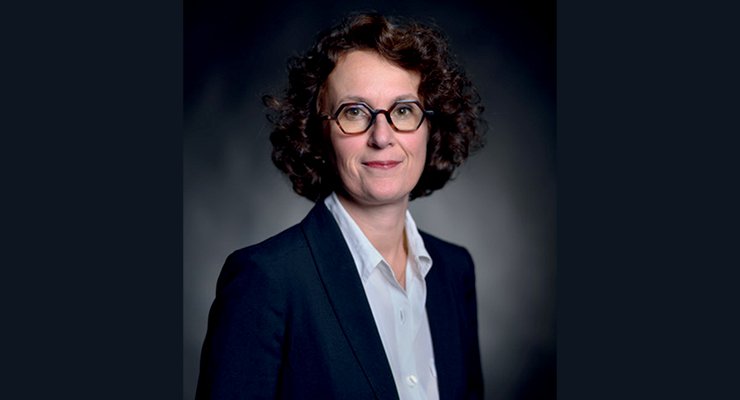Computer Sciences and Engineering (GI)
Tomorrow’s engineers in computer sciences, hardware and software will be the actors of a technological mutation affecting all sectors of our national economies.
UTC-GI key figures
- 50 research scientists – lecturers
- 15 support engineers, technicians and admin. staff
- 700 students
- 15 PhDs/yr
Description
UTC training guarantees a homogenous high-level acquisition of the "fundamentals" of the associate professions while encouraging individual talents for innovation, adaptation and integration.
The Computer Science and Engineering elective major (UTC-GI) has a core of minimum knowledge shared by all UTC undergraduates and in-depth studies of a specialty, while acquiring their general engineering bases.
The UTC-GI Department ensures the bases and at the same time privileges learning by experiment (hands-on approach). The students thus learn a methodology to pursue in-depth studies in all those areas where computational tools are already present and will be encouraged to interact strongly with the entrepreneurial milieus.
Departmental specialty streams
There are 3 elective specialty streams (which take into account the job market in computer sciences and engineering; a strong local level of skills with the active participation of several enterprises to define projects these and specific topics throughout training at UTC):
- … to which must be added the transverse specialty – Management of Innovative Projects (UTC-MPI)
Research
Training for students who choose the elective Computer sciences (UTC-GI) also relies on high level experience of the teaching staff, who work in 2 UTC research laboratories.
- Heudiasyc (Heuristics and Diagnosis of Complex Systems), is a joint CNRS/UTC research unit that aims at carrying out research in pattern recognition, image analysis, decision taking, command and control perception, documental and knowledge engineering, networks and optimisation that provide answers to some major societal challenges (safety, mobility and transports, environment and health).
- UTC-LMAC (Compiegne Applied Mathematics Laboratory), is a research team that works on inverse problems, approximation and control, stochastic processes, statistics and reliability. The academic staff and lecturers in the UTC-GI Department are involved in pluridisciplinary research and innovative projects, in partnerships with industrialists in applied fields and research topics that correspond to the elective specialties proposed by the Department.




